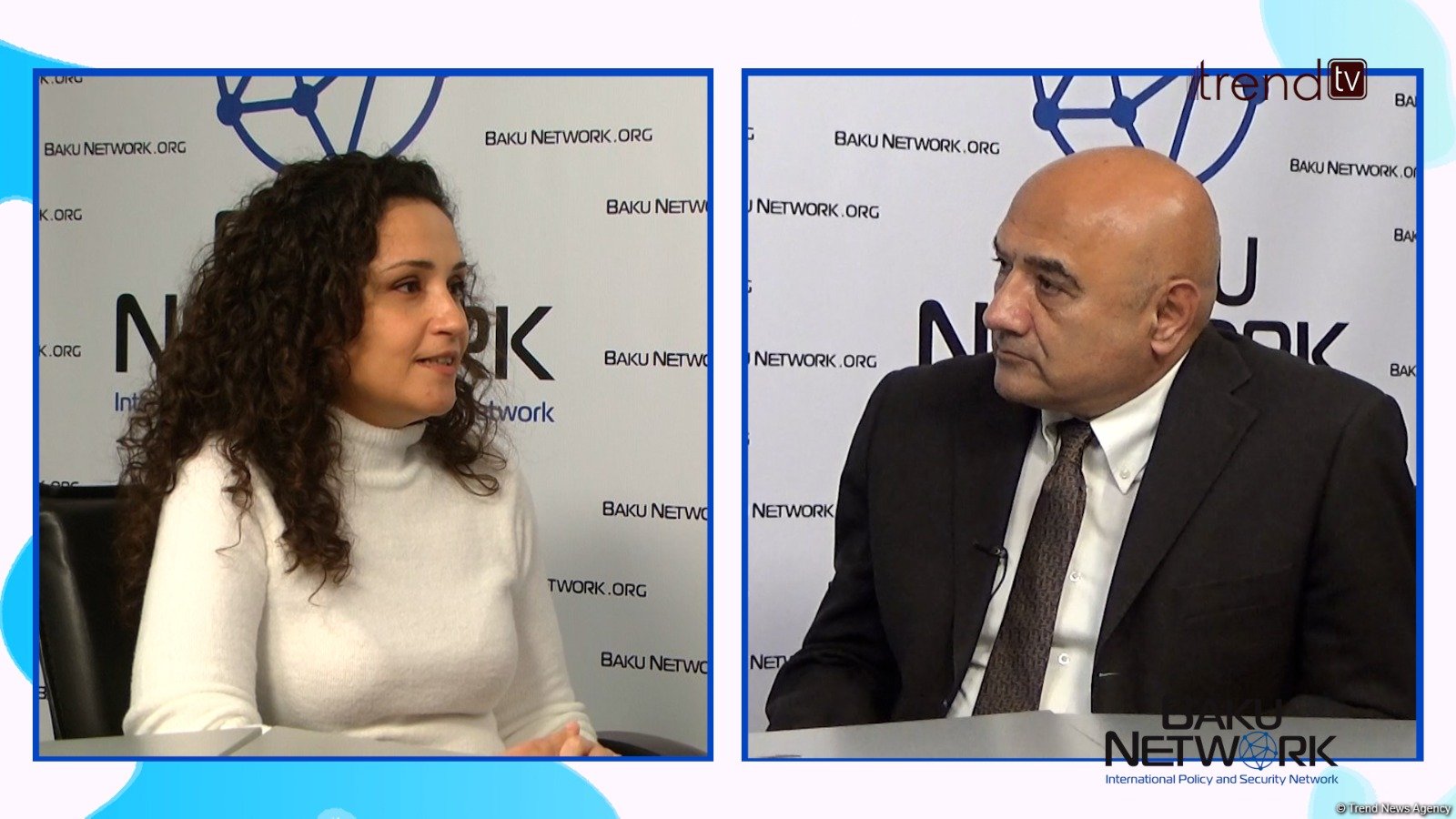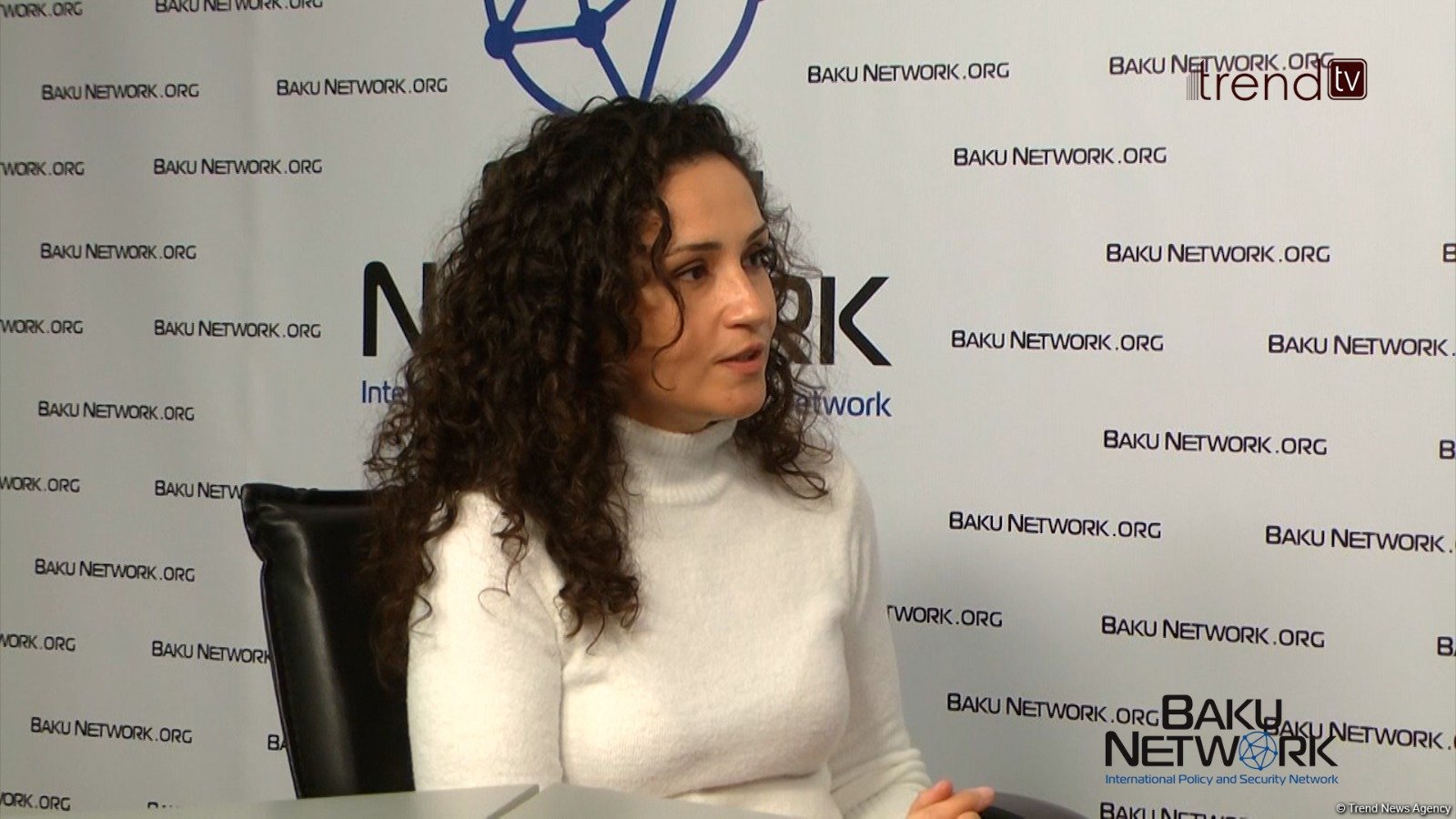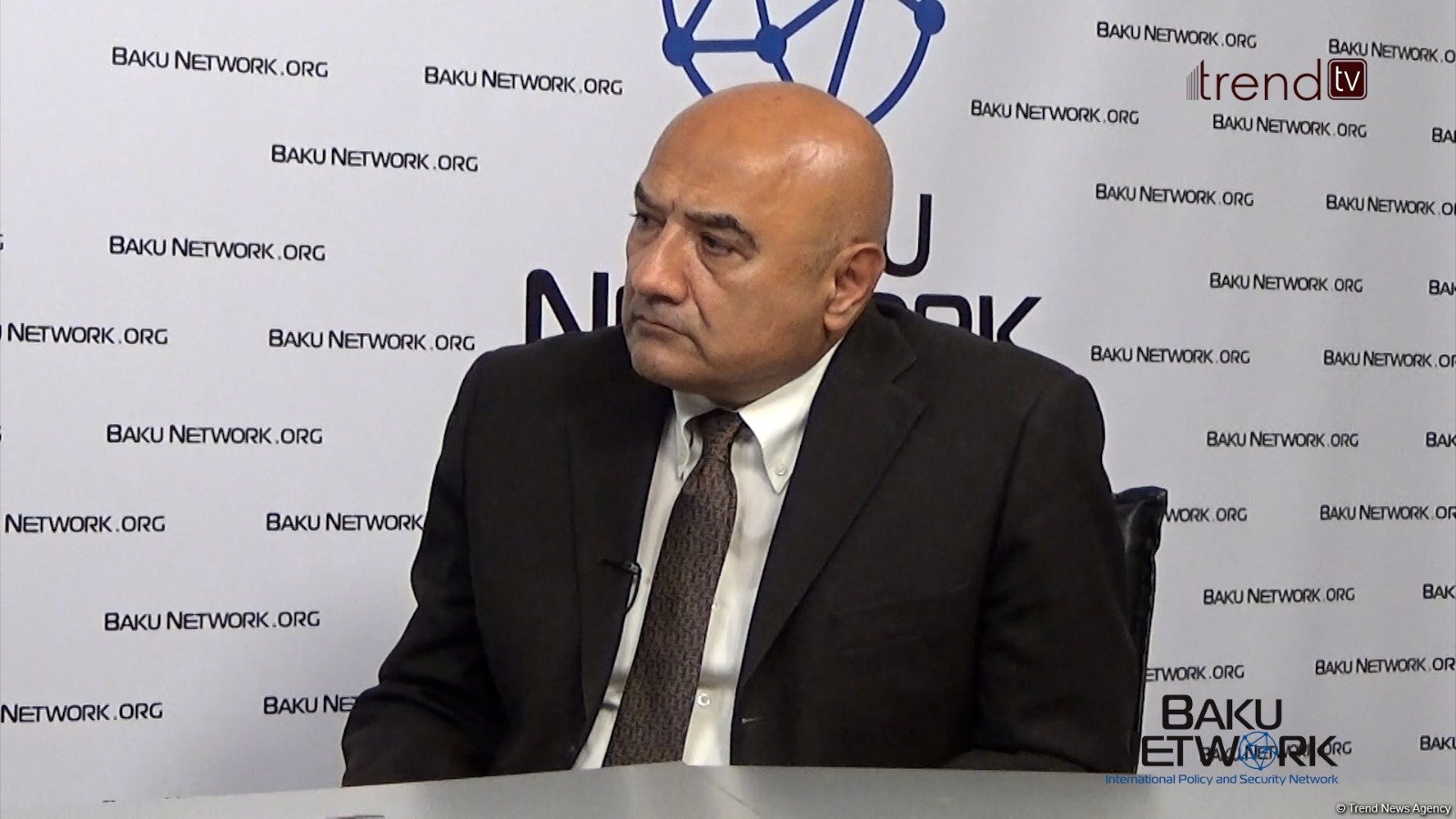BAKU, Azerbaijan, November 17. The Baku Network expert platform rolled out the next part of the analytical video series "Dialogue with Tofig Abbasov", Trend reports.
The program’s latest guest was Saida Tagizade, director of the State Children’s Philharmonic, an accomplished musician, educator, performing pianist, and the visionary behind several artistic initiatives, including the acclaimed "Simurg" project.
Tagizade reflected on her professional journey and the challenging 1990s of her childhood, explaining how music became more than a profession; it was a lifeline and a source of inner strength. She highlighted that creative engagement helped many children and teenagers grow resilient and discover their place in life during those difficult years.
Since May 2025, she has headed the State Children’s Philharmonic, viewing the position as a significant responsibility. Her nearly ten years of experience working with children have allowed her to quickly build processes, foster an atmosphere of trust and creativity, and elevate the collective to a new level of activity.
The Philharmonic Director also highlighted the "Simurg" project, a children’s music educational festival she founded. The festival is designed to bring renowned educators to Azerbaijan, providing young talents with exposure to world-class guidance.
Responding to the host’s questions, Tagizade observed that music has always served as a form of “soft diplomacy,” capable of bridging divides and uniting people, even those on opposing sides for political reasons. According to her, a creative environment nurtures human connections, encourages active listening, and helps transcend stereotypes.
As a mother of two, she emphasized the importance of nurturing children with love, respect, and attention. “Children always sense sincerity,” she explained. “When they feel heard, their opinions valued, and given space to express themselves, they grow confident and bright. But if a child is ignored, bullied, or suppressed, it inevitably shapes their character.”
Tagizade applies this philosophy in her work at the Philharmonic, insisting that children’s perspectives are central to performances. From choosing concert themes to designing sets, she ensures that young performers are more than just executors of tasks; they are authors, creators, and active participants in the artistic process.
The Philharmonic has already celebrated a string of successful performances, including a lively concert at the Ganja Philharmonic in honor of Children’s Day. This summer, a large-scale audition was held to select about ten performers, but the outcome far surpassed expectations. Nearly one hundred talented young soloists have now joined the ensemble, which performs more frequently and offers an increasingly diverse repertoire, from pop and jazz evenings to baroque masterpieces.
Concluding the conversation, Tagizade reflected on the essence of nurturing young talent. “You cannot artificially ‘grow a personality,’” she said. “Personality is born. Our role as adults is to help it blossom, to support the inner light, and to provide space for growth and creativity.” This guiding principle is at the heart of the work being done today by the team at the State Children’s Philharmonic.
We present the full video recording of the program:












